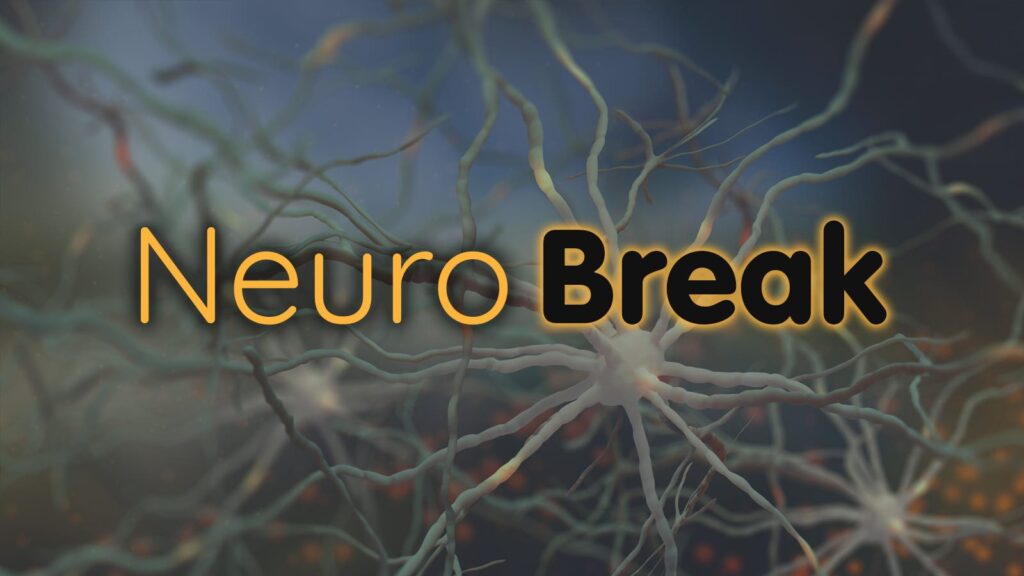A new RAND analysis evaluated the predictive power of 181 potential risk factors for cognitive impairment and dementia.
Family mental illness history was associated with aggression risk in people with chronic traumatic encephalopathy, an autopsy study showed. (Neurology)
Hypothalamic deep brain stimulation helped patients walk after spinal cord injury. (Nature Medicine)
In light of wearable neurotechnologies being developed by Meta, Apple, Snap, and Neuralink, experts called for laws for protecting neural data privacy. (JAMA Neurology)
An increased risk of myocardial infarction and ischemic stroke associated with migraine could not be explained by nonsteroidal anti-inflammatory drug use, a Danish cohort study found. (Neurology)
Functional MRI showed how brain responses during empathy were rewired in people with behavioral variant frontotemporal dementia. (JAMA Network Open)
A temporary tattoo printed on the scalp may be a hair-friendly electroencephalography solution. (Cell Biomaterials)
A NOTCH3-small vessel disease staging system captured a broad spectrum of disease and correlated with neuroimaging and clinical outcome measures. (JAMA Neurology)
Denver artist Tim McKay showcased his visual journey through Parkinson’s disease. (Denver Post)
After the death of a patient in a Rett syndrome trial, what’s next for brain-directed gene therapy? (The Transmitter)
-
Judy George covers neurology and neuroscience news for MedPage Today, writing about brain aging, Alzheimer’s, dementia, MS, rare diseases, epilepsy, autism, headache, stroke, Parkinson’s, ALS, concussion, CTE, sleep, pain, and more. Follow
Please enable JavaScript to view the

